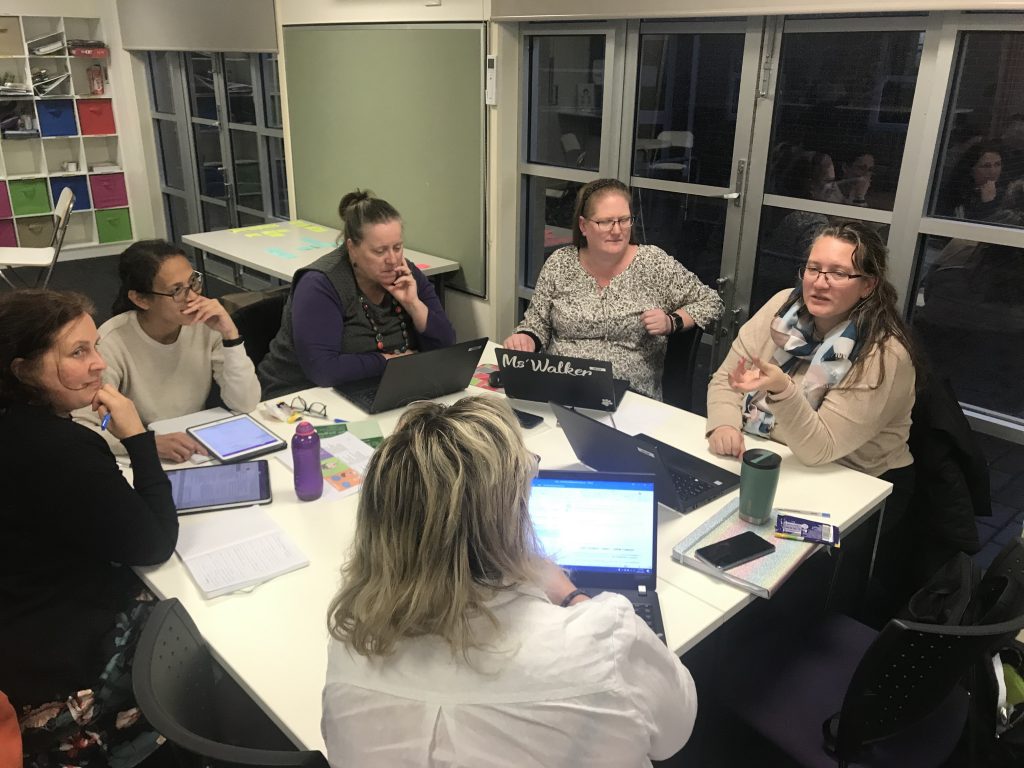It was inspiring working with passionate educators at Maramba Primary School during Education Week, and using holistic data to inform student success in Mathematics.

Often in our schools, teachers use quantitative data derived from school based assessments to make decisions to improve student learning. They also do this as part of Professional Learning Communities (PLCs). Teachers generally focus on cognitive performance instead of considering what else influences these results to shift their teaching and student learning and address what students need to improve beyond the skills being assessed.
When we go deeper and use qualitative data that influences results related to holistic student and teacher attributes, we see a very different picture to understand why these results may have occured. We can also extend this further to factor in the influence parents have on these results as well.

Andrew Hargreaves and Michael O’Connor in their book ‘Collaborative Professionalism’ also highlighted the importance of the “whole student” in supporting effective approaches in changing teaching practices as part of the PLC process.
I remember a few years ago when a secondary school Mathematics teacher attended one of my workshops on student engagement in Mathematics. She wanted to know what I did with one of her students to considerably improve his results within one term. He was failing at an average of 42% to then achieve scores above 82% . My simple answer was “I focused on why he was failing in Mathematics and it had nothing to do with his Mathematics skills.” Throughout the workshop she discovered that working on the ‘why’ and going beyond cognitive data allows you to change your focus and support students to succeed. In the case of this student, he hated Mathematics and believed he wasn’t good at it. I used his love of sport and success in sport for him to realise the reasons why he succeeded in sport and failed in Mathematics. This changed everything.
The teachers at Maramba Primary School understand the impact holistic data has on student achievement. They can see that success in Mathematics (and other areas of the curriculum) can be influenced by holistic factors (i.e. social, physical, intellectual, cultural and emotional elements) such as:
- Student’s belief in their abilities
- Valuing learning and the learning area (influencing motivation and engagement)
- Mindset
- Fear of failure
- Distractions and sensory sensitivities
- Learning readiness (also related to brain-informed practice)
- Working in teams versus working independently
- Multimodal and differentiated learning opportunities
- Student voice and choice
- Time
- Metacognition and self-regulation opportunities
- Teacher communication and feedback
- Teacher- student relationships
- Teacher confidence
- Teacher beliefs in and expectations of students
- Teacher organisation
- Parent expectations and beliefs
These teachers use both qualitative and quantitative data to recognise the most important influence on student results, and ensure their teaching, feedback and learning environment targets what students need most to improve outcomes.
How do you use data to improve student learning?

